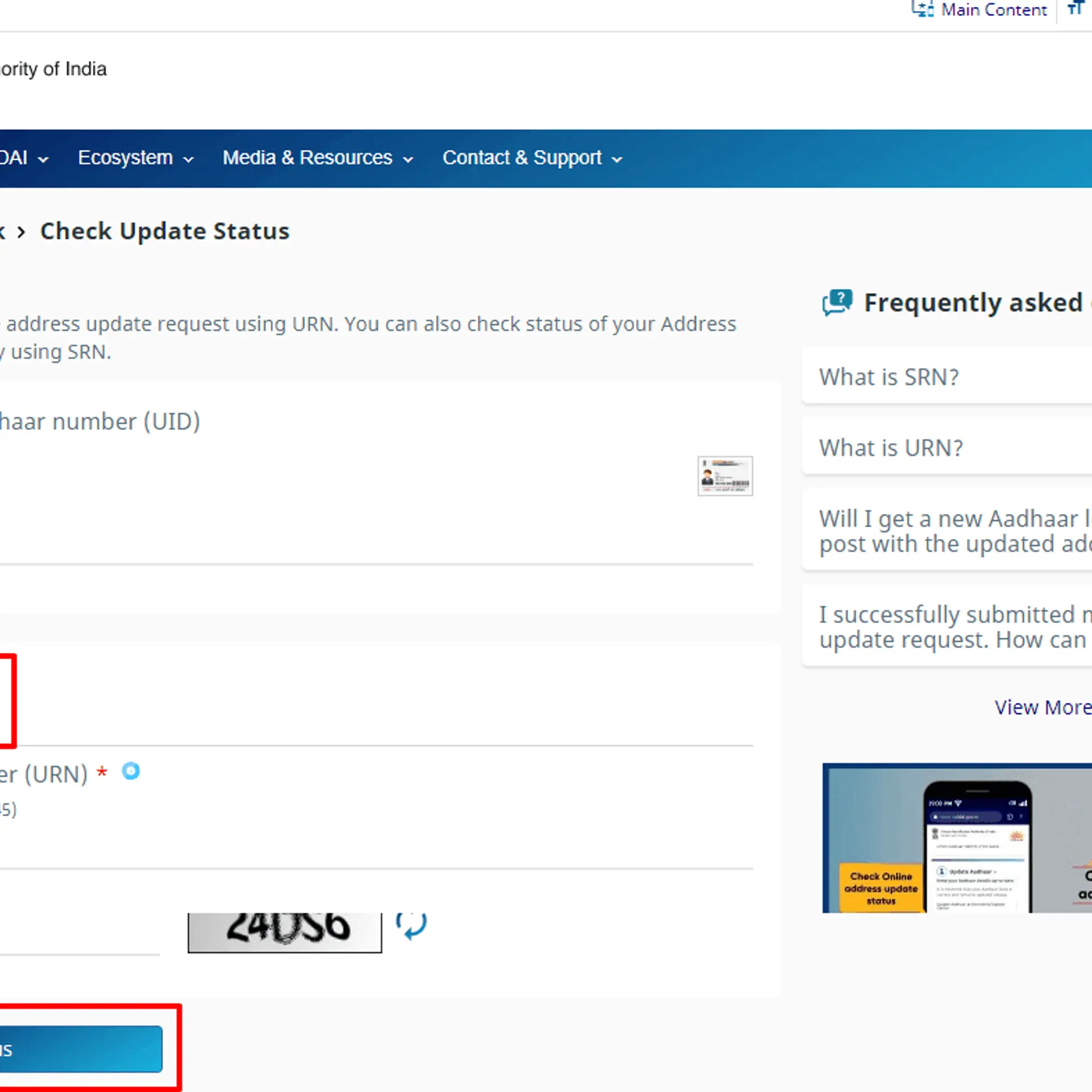

The year by gone has seen some of the biggest rounds of funding just to be followed by news of cash crunch creating the ripple effect of negativity. The benchmarks of unicorns viz flipkart, snapdeal and others continued to create news but this time just to be on the other side of the frame. While GMV used to be the only criteria to determine their dominance, sooner or later investors started taking cognizance of the fact that profitability is what distinguishes the leader from the rest. Actions followed and cash flows got squeezed, valuations were lowered, further rounds of funding got delayed and suddenly a fertile soil got transformed into barren land. While some say this could be the beginning of the end of this hype, others even add that we would soon be back to brick –and-mortar model. So what’s the reason for this sudden change in econometrics for these giants? Are they really incompetent to survive in this cut throat competitive world? Let’s look at some of the factors resulting into the same:
1. The un organized industry: 10 years back the e com industry was less than 1000 crores and as we speak, it stands at a whooping 73000 crore. That’s close to 90 times within a span of 10 years – thanks to VCs again. A new industry itself got created. But what could not stand out is the very fact that profit was overlooked and size was the only determining factor about establishing leadership. Let’s see what Kunal Bahl and Rohit Bansal of Snapdeal had to write and I am sure it was tough to pen down:
“ We started growing our business much before the right economic model and the market fit was figured out. We also started diversifying and starting new projects while we still hadn’t perfected the first or made it profitable. We started building our team and capabilities for a much larger size of business than what was required with the present scale. Ambition is critical because that’s what motivates us to give our very best every single day- to achieve the undoable. However a large amount of capital with ambition can be a potent mix that drives a company to de focus from its core. We feel that happened to us. We started doing too many things and all of us starting with me and Rohit are to blame for it. “
Too much money and aggressive plans for expansion and diversification without any concrete plans may cause serious damage. It was about providing fruit without roots.
2. The lost confidence by investors is to be the second biggest factor for the vibrations in the Indian start up system. Lest take the case of Flipkart- which was devalued for a record 7th time within a year. At $5.56 billion valuation, it has eroded more than a third of its value as of August last year. Now this will create a domino effect in the eco system as investors will be wary of the fact that when the biggies and stable ones can tremble, the small fishes may as well get wiped off.

Indian star-up ecosystem has this gentlemen’s agreement called as “founder-to-be-the-CEO” which just erases the fact that having an idea and executing it to form a giant are two different things. Most of the home grown unicorns follow this model unlike a much more professional approach which is adopted in the Silicon Valley. Undoubtedly the health of the company gets compromised at the cost of its growth as can be seen in the case of snapdeal.
3. The price war neither allows others to come in ( as it creates a huge capital infused model ) nor it creates a stability in the system. Each company is ready to mount losses in hundreds of crores per day but they won’t consider taking a step further and creating a sustainable model. Flipkart burns close to 14 crores a day, snapdeal stands at 9 crore on this podium and Amazon has the number rolling at 20 crores per day.

4. Exorbitant salaries just add a hole in the bucket and Indian ecoms have created miles ahead in creating a standard in that. Flipkart and Snapdeal pay salaries which would probably the best in any industry. These are totally unjustified as the top executive in Amazon has a payout which is only a fraction of that of its Indian rivals.
The fact of the matter is mis management is one of the key factors resulting in such a pathetic picture of the Indian e com industry. Drawing salaries disproportionate to the profit of the company, getting funding just to add to everyday losses and cut throat discounts have just shaken the industry which will take its own time to recover.




![Get more Views on YouTube for FREE [Complete Guide]](https://images.yourstory.com/cs/1/c0899f40-0509-11e9-9820-1f4fb7912c4d/Get_more_Views_on_Youtube_complete_guide1561245757751.jpg?mode=crop&crop=faces&ar=1%3A1&format=auto&w=1920&q=75)


